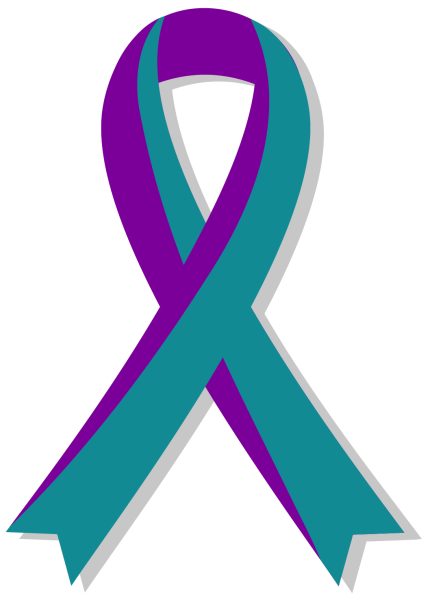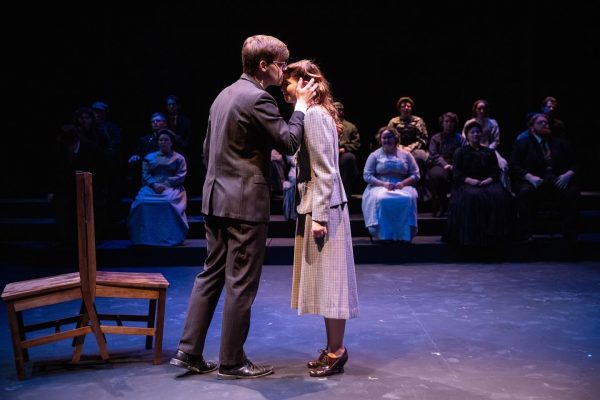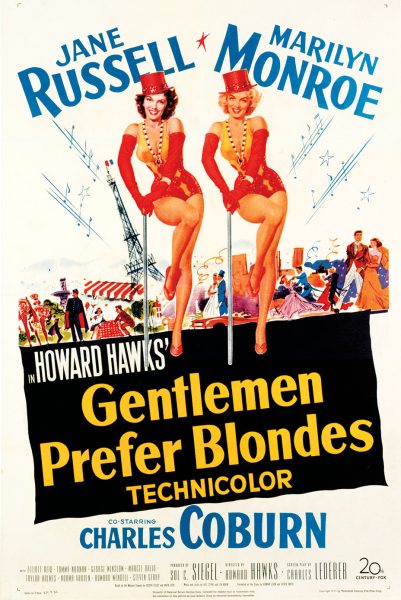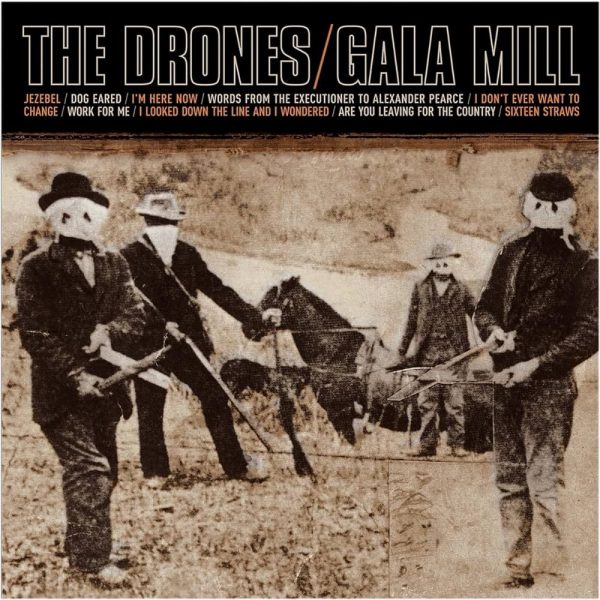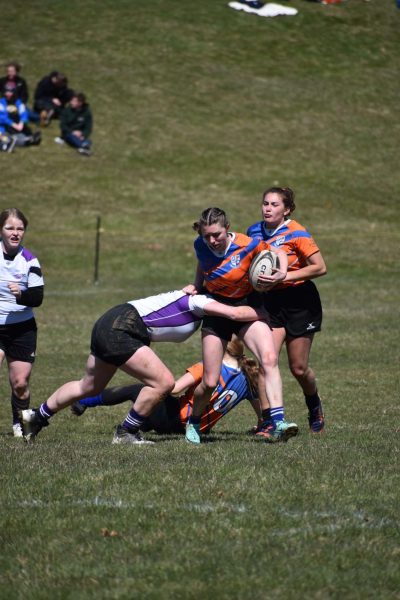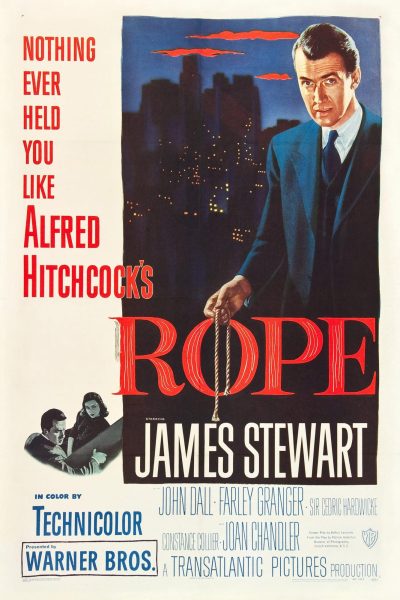UGC discusses LGBTQ community in Greek life
The end of the year brings serious discussions to the University of Wisconsin-Platteville Greek community.
At the United Greek Council meeting April 22, a report was given by Valerie Wetzel regarding concerns about including the LGBTQ community in Greek life on campus. Wetzel serves as the assistant director for the Pioneer Involvement Center and administrative liaison to United Greek Council.
In an interview after the United Greek Council meeting, Wetzel explained where the concerns originated.
“A student called me on the phone and indicated they worked at the Doyle Center, but wasn’t representing the Doyle Center, and she said she had friends and acquaintances that, by looking at the Greek webpage’s, [noticed that] they didn’t have any icons or symbols that showed they were LGBTQ friendly,” Wetzel said.
Wetzel could not give any specific events that would call into question the inclusiveness of the Greek community and was not provided with any from the concerned student who called her office.
“I know that we have at least gay and lesbian students in some fraternities and sororities,” Wetzel said. “I think some of them have come out to their brothers and sisters but I don’t know if they are necessarily out for the world to see.”
At the following United Greek Council meeting, on April 29, a representative from the Doyle Center attended and spoke to Greek leaders about the LGBTQ and Greek communities on campus.
The visit was also meant to start discussion involving hostile posts towards the LGBTQ community on the app Yik Yak following the United Greek Council meeting on April 22.
“I wanted to come and speak today because of some of the complaints we got from students, LGBTQ and not, about some of the really hostile posts that had been posted on Yik Yak that had been posted beginning Wednesday night and into Thursday,” Clare Forstie, university fellow at the Doyle Center, said.
Yik Yak is a social media platform that allows users to post up to 200 characters anonymously based on the user’s geographic area.
Since Yik Yak is anonymous, there is no answer to whether or not the comments made on Yik Yak are linked to the discussions in United Greek Council.
“We couldn’t say that it was directly caused by that, but I will say that it happened at roughly the same time [as United Greek Council]. I don’t really know what to make of that and I don’t really want to claim that it’s directly related, but it’s possible,” Forstie said.
Discussions run by Wetzel and Forstie led to the possibility of putting a symbol on Greek webpages indicating that they are LGBTQ friendly to counter concerns that the community is not.
“I don’t know where that’s stemming from because I know for a fact that a lot of people who are part of the LGBT community have been part of Greek life in the past,” Callison Randolph, junior biology major and member of Gamma Phi Beta, said. “I don’t know where that’s stemming from, I think it’s stemming more off of stereotypes more than anything.”
Many leaders at United Greek Council expressed views similar to Randolph’s. Since Greek life is designed as a welcoming environment, LGBTQ individuals are welcome and encouraged to join fraternities and sororities like anyone else.
Forstie also mentioned that a co-worker at the Doyle Center would like to explore the possibility of starting a fratority on campus that would be designed to be inclusive to the LGBTQ community.
“I don’t know if there is or isn’t interest for that. I don’t know students individually that they have experienced discrimination from fraternities and sororities on campus, but again, that doesn’t mean it doesn’t happen, it just means I haven’t heard it,” Forstie said. “I also don’t want to stereotype Greek life as necessarily hostile for LGBTQ people either.”
The Greek community will decide next fall if they will continue the discussions about the LGBTQ community. Until then, Greek groups maintain that they are LGBTQ friendly.
According to the Sigma Phi Epsilon fraternity’s bylaws available on their PioneerLink page, “Eligibility for membership shall not, in any way, be affected or determined by race, color, religion, age, physical handicap, sexual orientation, ethnic background, creed, marital status, parental status, or national origin.”




